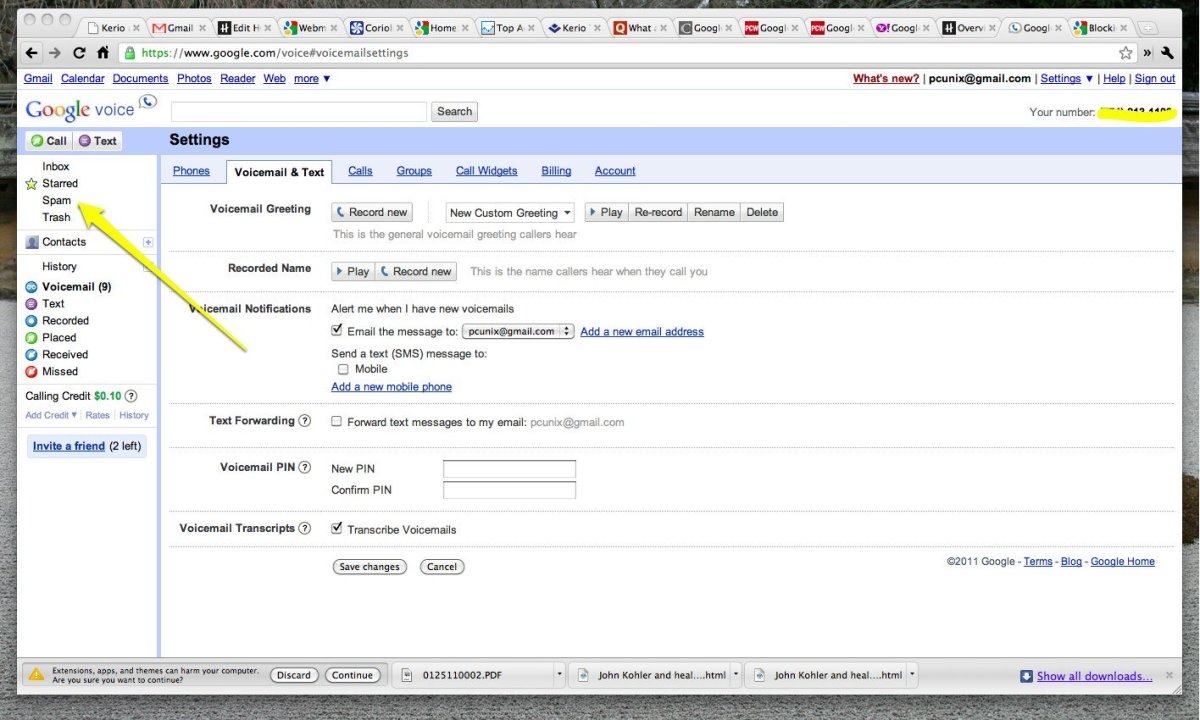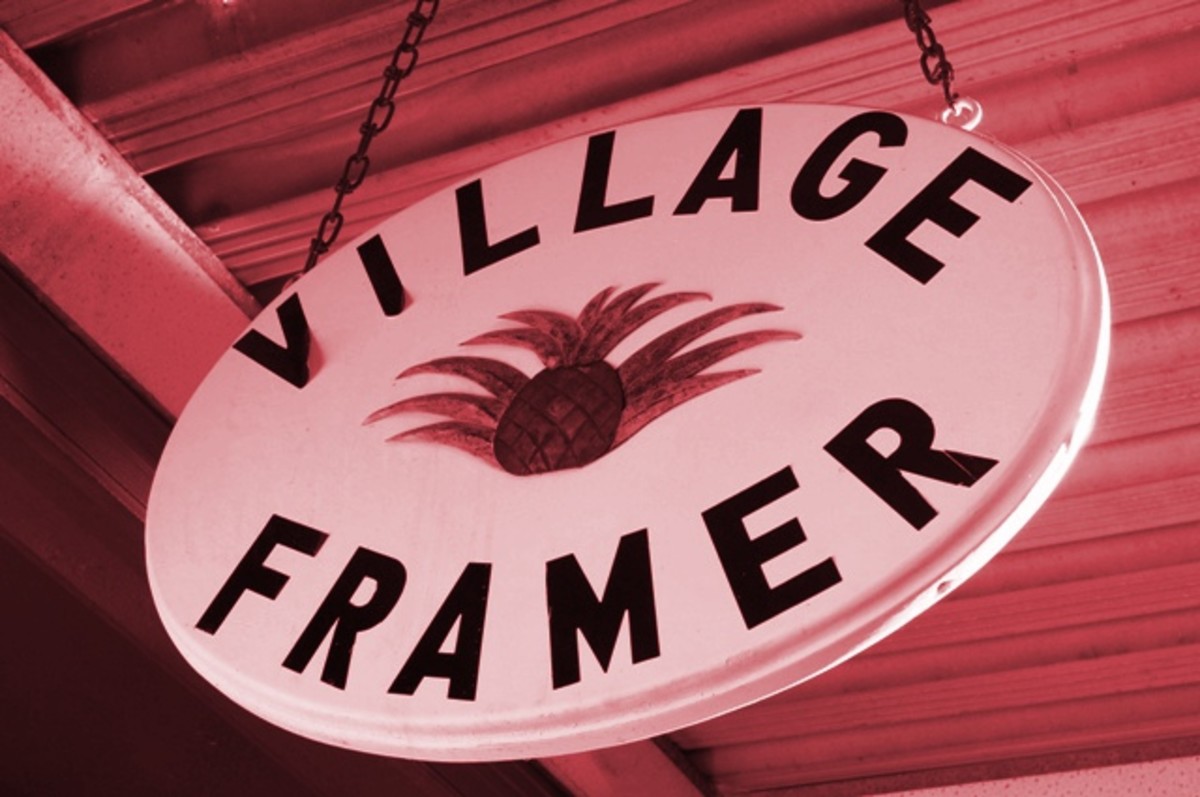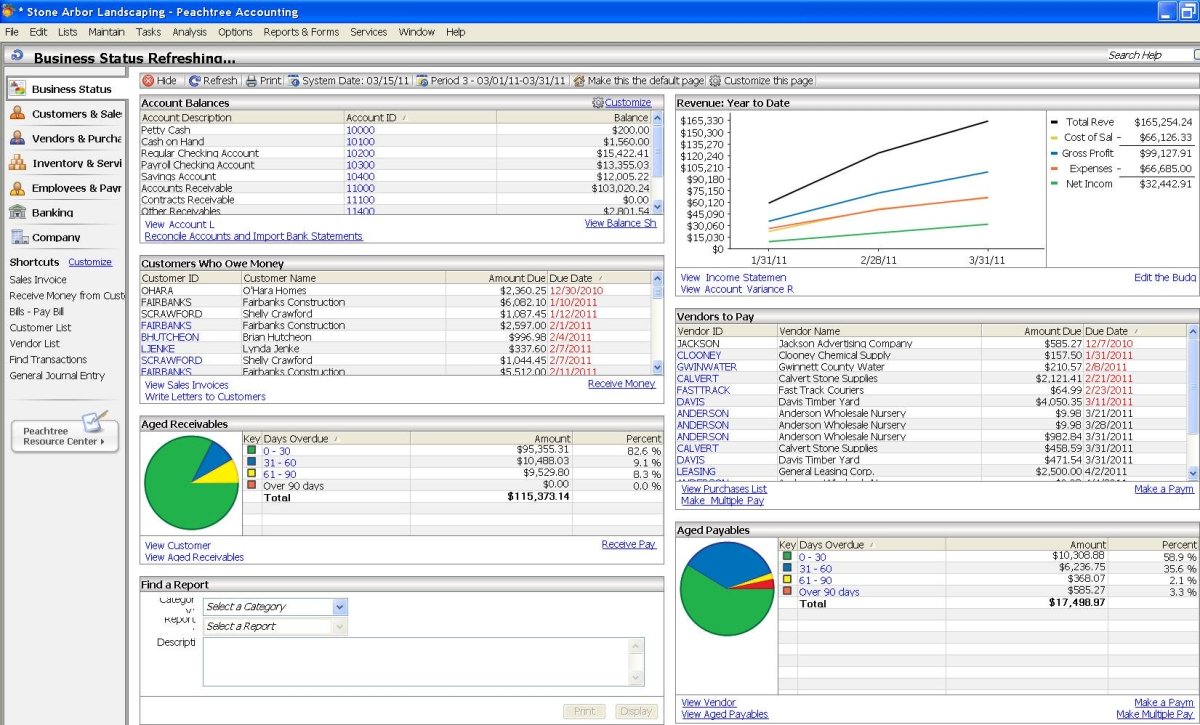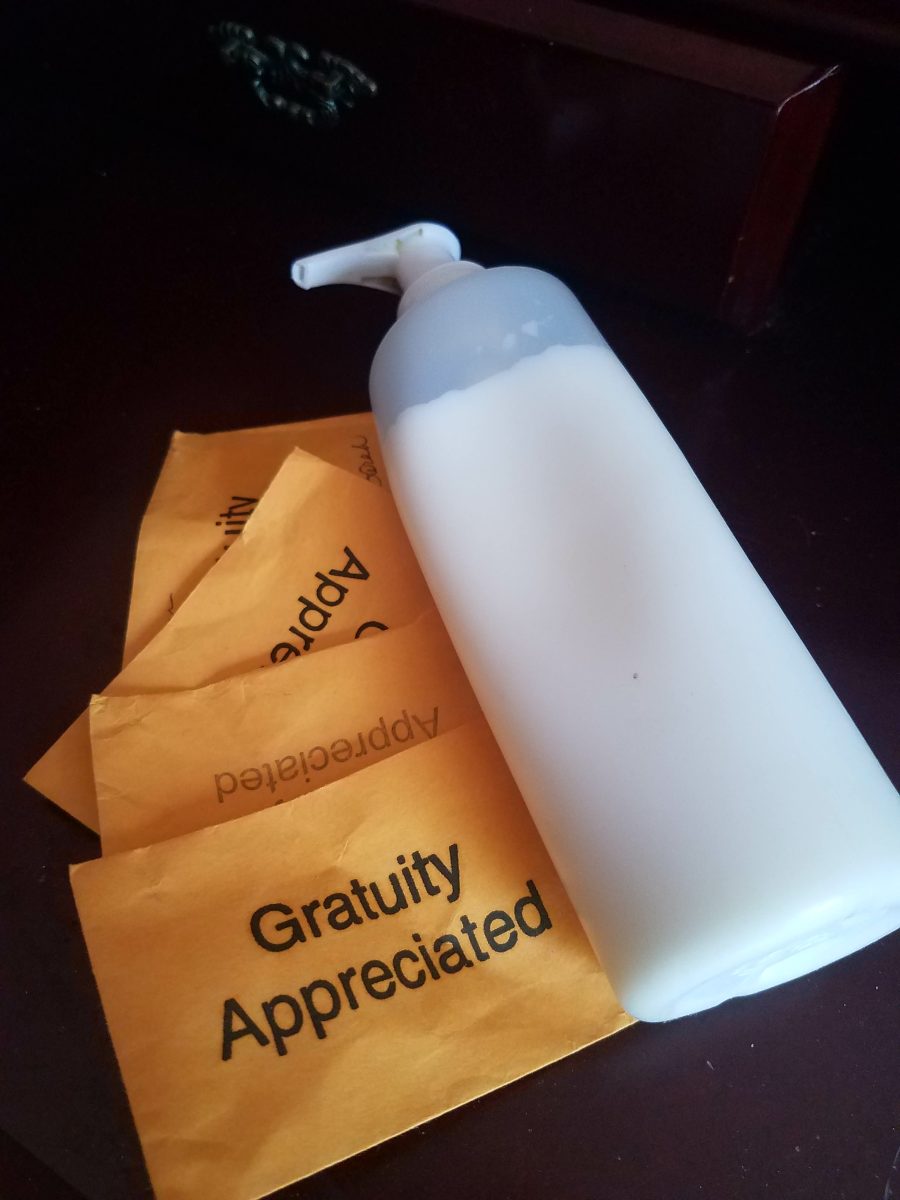Can Owning a Small Business Make You Wealthy?
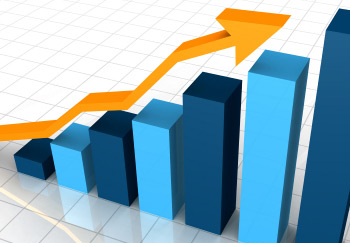
I guess that depends on what you consider wealthy
First let me define what I mean by "Small Business". I am talking about the kind of businesses we all frequent in our day to day activities. The local restaurant, barber shop, dry cleaner, auto repair shop, convenience store and the many many other businesses that are locally owned by individuals.
In order to build wealth over time you don't have to have the greatest new idea in the world. If you think about it most of the money we spend isn't for some whiz bang new gadget that just got invented, most is for things like car repair, hair cuts, eating out at restaurants, clothing, coffee, hardware items for the home, toys for the kids, etc. All of those things are sold by small businesses whose owners, if they are good at operating a business, are building wealth through their small business.
Is a store like a Subway Sandwich shop a small business? Actually, yes. It's a franchise and the parent company has a lot to say but a local person likely owns the shop, runs the business day-to-day, pays the bills, pays Subway their royalty fees, pays the employees and keeps the profits. Even though there are more than 20,000 Subway Sandwich shops, the vast majority of those shops are owned by individuals, someone in your neighborhood. Someone who more than likely quit, retired or got fired from a regular job at a big company and, with their life savings, took the leap to small business ownership.
There are many different ways to get into business. When thinking about how people became owners of their small business it might be interesting for you to know that, on average, one out of every 15 businesses is a business for sale. If you visit 15 independent businesses this week, it's likely one of the owners want you to buy their business.
The small businesses that are locally owned all share some common characteristics. Generally speaking they have annual sales of less than $1 million but the business profits are all over the board depending on the management skills of the owner. In my experience about 20% of small businesses are losing money or barely breaking even, about 60% are making a decent living for the owner and about 20% are doing really well. A key to small business development and success is execution of systems that are designed to generate profits and build customer loyalty. You don't have to be brilliant but you to have to care enough to build a business that serves customers and employees well.
Running a small business well can be very, very profitable if the systems are designed to create a consistent high quality product or service delivered by employees who care.
But first, you have to care.
How much do you need to be wealthy?
How do you define wealth? Income or net worth?
How do you create wealth by building value in a small business?
A small business plan has two sources of wealth building for the small business owner: a) How much income can the owner make while they own the small business, and b) how much can the owner profit when they sell the business? Also,consider owning a small business and it's effect on your ability to "retire".... if retiring outright is not an option. Small business ownership is very often used as supplemental retirement income with the benefit of keeping you active.
In terms of wealth building A & B above are tied directly together.
Most small businesses sell for 2.5x - 3.5x of the business profits available to the owner. The business owner's profits includes all benefits of business ownership that accrue to the small business owner. This is commonly called Seller's Discretionary Earnings (SDE).
Do not confuse SDE with EBITDA. EBITDA is an often used term which stands for Earnings before Interest, Taxes Depreciation and Amortization. In SDE is actually EBITDA + Owner Compensation. EBITDA is profit of the business assuming the Owner/CEO/President receives fair market compensation from the expenses of the business.
It is very common for a business to sell at 3X SDE which can be equal to 7X EBITDA or more. Make sure you understand the basis of the earnings and how they are calculated before you worry about the multiple.
Case Study - Build Wealth by Building Businesses
Mary is a Serial Business Owner
Mary decides to buy a small business, it's a staffing business that provides valets to hotels, office buildings and restaurants. We'll call it WhizBang Staffing. The current owner, Sam, is doing o.k. but he is ready to retire. WhizBang has a net profit to Sam of $80,000.
Mary sees an opportunity to improve the business, Mary puts together a business plan and does her homework. She knows that the best source for lending to small business is the Small Business Administration (SBA) Loan Guarantee Program so she tailors her business plan to comply with the SBA Lending standards.
Mary is able to buy WhizBang for a price at the low end of the multiple scale because WhizBang has a very limited customer base and the earnings go up and down during the seasons. Mary pays a multiple of 2.5X the $80,000 SDE (Seller's Discretionary Earnings). Mary finances the purchase with an SBA Loan. Mary pays $200,000 for the business but only puts $40,000 (20%) down payment. (By the way,Mary's $40,000 down payment came from her 401k retirement plan the she has been building for many years. There is a plan that allows you to use your 401k or IRA accounts to invest in a business and you won't be hit with early withdrawal taxes or income taxes. The paperwork must be done correctly so talk to a specialist.)
Mary gets to work, she finds some new customers and also expands her offering to temporary doormen and hostesses. In 24 months Mary increased the company sales by 30% (up to $600,000/year) and the SDE increases to $120,000. Now Mary decides to sell the business, Because the business is growing and has diversified the customer base the business now sells for a 3X multiple. Always make sure you understand a multiple of what.
3X on $120,000 SDE equals a selling price of $360,000. Remember Mary paid $200,000 and received $160,000 loan to buy the business.
When Mary's sale closes she has $360,000, she pays off her SBA Loan of $160,000 and Mary has in her pocket $140,000. She invested $40,000 and turned that into $140,000 in only 24 months. Keep in mind Mary also took a salary out of the business during the 24 months she owned it. I'm not sure where else Mary could have invested her $40,000 and done better. Mary decided to invest in her abilities to improve the business and she did. Netting her a return on her investment of over 100% per year!
Now Mary takes her $140,000, puts $50,000 in her retirement account and uses the $90,000 balance for a down payment on a business that earns $170,000 and is selling for $450,000. If Mary can make similar improvements she could end up netting over $200,000 on her next venture.
If Mary can do this 4 times in a 10-12 year period she will have built some serious wealth. Although the example above is fictional it represents deals that we see everyday. We have sold several business for people and helped those same people buy several businesses.
If you have the skill to improve a business you could turn serial small business ownership into serious wealth and have a lot of fun along the way. Give serious consideration to determining if buying a business is the path best suited for your future.
How's Your Business Value Knowledge?
view quiz statisticsHow's Your Business Knowledge?
If you wanted to buy a business that allowed you to make $75,000 per year income for you, assuming you & the business qualified, approximately how much down payment would you need?
What Kinds of Businesses Can be Started on Very Little Money?
To some extent your experience and the experience of people you know effects the amount of money you would need to start a business. In simple terms, if you start a business and don't make any mistakes it will take less money to get up and running. If you have no experience and no contacts whose experience you can use then you're likely to make mistakes which will cost you money and, usually more importantly, time.
Also, your objective for a business matters. If you want a business so you can be your own boss then it might not matter what kind of business you start, if however you love to play guitar and want to start a specific business to sell and repairs guitars that will create other challenges.
The first step is figuring out WHY you want to start a business, then figure out whose experience you can lean on, then you can determine how much money you need to get your business going.
Should you buy a franchise business or Invest in a Business Opportunity?
Some people like the idea of buying a franchise that they can start new.
There are many, many business opportunities and franchise opportunities advertised on the web, TV and radio everyday. Some of these business opportunities are good and some aren't. Good or bad is largely dependent on determining if the opportunity is right for you.
There are franchises in virtually every industry, food, auto repair, staffing, massage, furniture repair, air conditioning, printing, yogurt, ice cream, laser cartridge refills, the list is nearly endless.
Buying a franchise has some advantages and disadvantages.
Advantages:
- The business model is proven and someone else has already made most of the mistakes
- You start with all new equipment
- You get to have influence on the location (although a good franchisor will not let you choose a bad location no matter how much you like it)
- You get to work from a business plan that will look amazingly easy to get rich. Just change a couple Xcel cells and Bingo, you're Donald Trump!
- It's easier to borrow money to start a good franchise than it is to borrow money start your idea. Franchises are often favored by SBA lenders but some franchise concepts are "flagged", meaning the failure rate of the franchises is too hign.
Disadvantages:
- You don't get to make all the decisions, in fact, you get to make very few decisions
- You'll be sending a piece of every sale to your franchisor.... forever. These payments to the franchise company can be in the form of royalty payments or required advertising money that the franchise company will be spending for you.
- You don't get to put the business 2 blocks from your house
- You don't get to name the business after your dog
The bottom line is, if you have successful small business ownership experience a franchise is often not right for you. If you are going into business with little or no business experience a franchise business opportunity could be a good idea.


